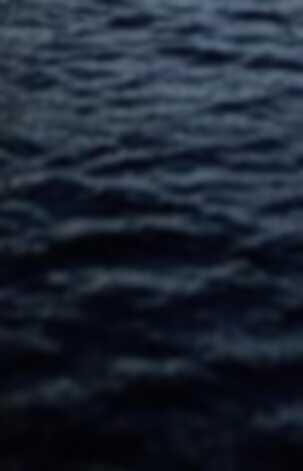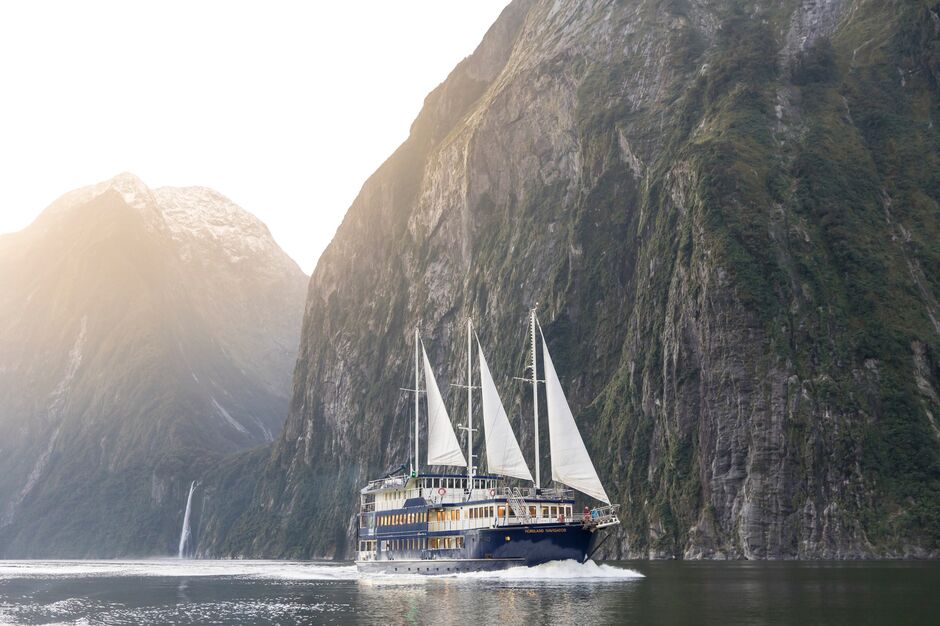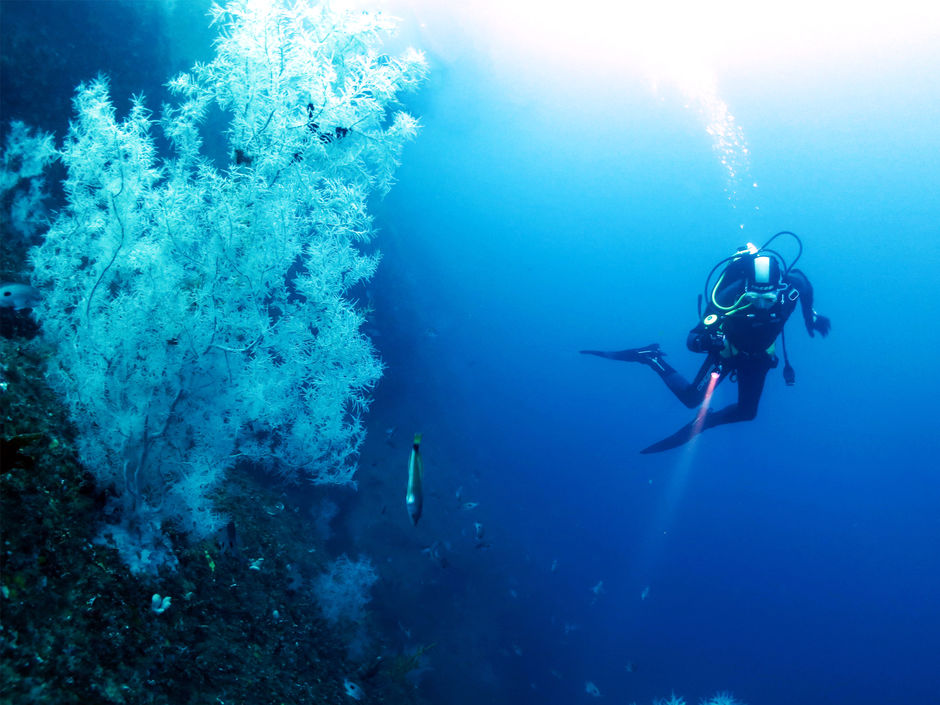-
Popular places to visit
Popular things to do
Helpful tips
Here's a few useful links to help with planning your trip to Aotearoa New Zealand.
-

Situated on the west coast of the South Island, Milford Sound / Piopiotahi is a must-see with its towering peaks, cascading waterfalls and jaw-dropping views.
Getting there


Famously described by Rudyard Kipling as the 'eighth wonder of the world', Milford Sound / Piopiotahi is breath-taking in any weather - with its fiord's cliffs, mountainous peaks and waterfalls as high as 1000 metres. When it rains in Milford Sound, and it often does, those waterfalls multiply with magnificent effect.
Many people begin their visit to the Sound from Queenstown or Te Anau, being approximately four hours from Queenstown and two hours from Te Anau.
Explore Milford Sound on a coach and cruise tour, go kayaking, or lace up your walking shoes and tackle some of the stunning tracks in the area.


Boat cruises – during the day or overnight – are an excellent way to experience the Sound. Adventurous types might also like to head out sea kayaking, diving or flightseeing. To learn more about the local marine life, visit the underwater observatory at Harrison Cove and marvel at the black coral, 11-legged sea stars and delicate anemones.


Kayaking offers paddlers an unforgettable opportunity to see the region's spectacular fiords at sea level as well as explore untouched waterways and lakes.
Paddle up close to Bowen Falls, one of only two permanent waterfalls in Milford Sound - the other being Stirling Falls. Rosco's Milford Kayaks(opens in new window) and Southern Discoveries Milford Sound Cruise and Kayak(opens in new window) trips both offer kayaking experiences.
For the truly adventurous, enjoy an overnight kayaking adventure in Doubtful Sound.

Black coral, native to the Fiordland area, can be viewed in Milford Sound. Despite it's name, living black coral is actually white and often has a colourful kaleidoscope of other sponges, corals and snake stars that attach themselves to the black coral, they are usually bright yellows, greens and oranges. Only when the coral has died does it become black in colour.
Black coral trees are known to grow to five metres high and can be viewed at just 10 metres deep. There are a variety of sponges, hyroids, coral, ascidians and bryozoans.
If you enjoy hiking or trekking, the Milford Track is for you. The four-day track begins at the northern end of Lake Te Anau and winds its way through some of the world’s most vivid wilderness. Your journey ends with a boat trip from Sandfly Point to the Milford Sound wharf.
During the Great Walks season (from the start of October until the end of April) the DOC huts on the Milford Track book up months in advance. If you're keen on hiking the Milford Track, it's best to plan and book well in advance.
There are many ways to get to Milford Sound, such as by self-drive, coach, cruise tour or air travel.
The road into Milford Sound is almost as beautiful as the fiord itself. Make the most of the trip and explore some of Fiordland's best short hikes, including stops such as the Mirror Lakes, the Lake Gunn Nature Walk and Monkey Creek. It's worth noting that the drive is narrow and winding. It is also prone to damage from flooding and slips, and can be covered in snow in winter. If you plan on driving to Milford, it's best to check the conditions before your drive and allow plenty of time and to drive carefully.
Going by coach or a cruise tour also allows you to spend more time enjoying the incredible landscapes along the way. Most coaches will stop along the way so you have the chance to take photos and admire the scenery.
When travelling by road, visiting the Sound takes a full day so you'll want to stay a night or two. If you're short on time the fastest way to get to Milford Sound is to take a scenic flight from Queenstown.
Milford Sound is spectacular year-round, but your best time to visit depends on what you want to see.
Known for its rain, Milford Sound is one of the wettest places on Earth, averaging 182 days of rain annually. Surprisingly, it’s the summer months of December and January that receive the most rain. But don’t let this put you off, the region is just as breathtaking in the rain. This is when the waterfalls are at their most forceful, and the mist and rain creates an atmosphere, making the fiords even more photogenic.
In winter, the snow-capped peaks of the Southern Alps are incredibly beautiful. Spring and autumn are ideal for spotting seals, dolphins, and penguins.
Whenever you visit, bring a waterproof layer and dress warmly. Daytime temperatures average 18°C (64°F) in summer and 6-11°C (43-52°F) in winter.